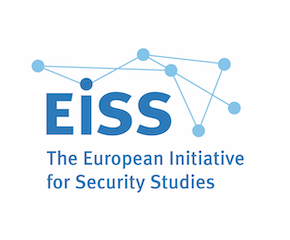Speaker
Description
Contrasting neorealist assumptions, this article argues that China’s rise in East Asia will be different based on its particular socio-historic, ideational, and political characteristics. The leadership image is used to analyze how Xi Jinping’s “Community of Common Destiny” and “Thought on Diplomacy” are designed to revise the existing US-led liberal order in East Asia. In doing so, the article evaluates Deutsch and Singer’s definition of a stable system, and the more narrow ICJ non-intervention definition of a viable one, against Chinese foreign policy in the New Era. The article asserts that China is not pursuing the hegemonic path Western imperial powers chose in the past, trying to expand its physical territory. Rather, China wants to restore the (maritime) territories claimed by the Republicans and regain the “neo-imperial” influence over regional states it had before 1842. Employing equally dissimilar means, China will try to achieve its aims by adopting strong diplomatic rhetoric and practice, furthering its parallel institutional designs, and, above all, by creating economic dependencies that it can leverage until it is militarily strong enough to push the US out of Asia.
| Chair and speakers | Chair: Hugo Meijer (if he would be so kind - I could come to Paris, or I can host it at the EUI); Speaker: me. With possible discussants, perhaps Xiaoyu Pu, or Giulio Pugliese? |
|---|---|
| Date and time | 23-06-2023 |
| Format | Hybrid (online + in-person) |

